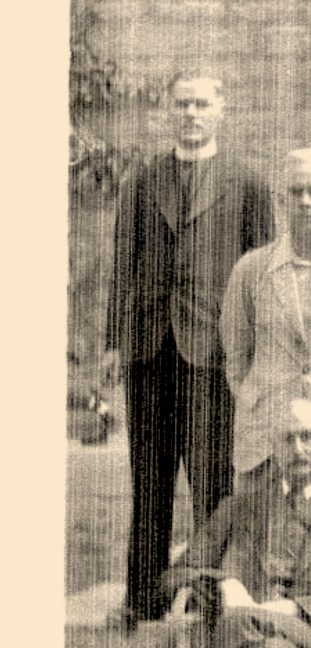 HOSE INTERESTED in hymns will want to download this extremely famous (yet rare) book by Fr. Joseph Connelly, which we make available online for the first time ever. This is being done as part of the preparation for an exciting Catholic hymnal that’s being created. Connelly’s work includes 154 hymns, chiefly from the Breviary. The hymns are given in Latin, along with English translations and commentary:
HOSE INTERESTED in hymns will want to download this extremely famous (yet rare) book by Fr. Joseph Connelly, which we make available online for the first time ever. This is being done as part of the preparation for an exciting Catholic hymnal that’s being created. Connelly’s work includes 154 hymns, chiefly from the Breviary. The hymns are given in Latin, along with English translations and commentary:
* * PDF Download • Rev. Joseph Connelly HYMNS
This is a good book to have as a reference, although Msgr. Schmitt is correct when he says that Father Matthew Britt’s work 1 is even more valuable.
Msgr. Francis P. Schmitt mentioned Connelly’s work in the Spring of 1964 while talking about the liturgical changes in the wake of the Second Vatican Council:
The New Breviaries :
E CARRY NO REVIEW of the two Englished breviaries, partly because we haven’t received any (and don’t intend to buy any) and partly because some might think, as the publishers must, that such a review would be clean out of our domain. But we might be permitted to say a word about the hymns of the breviary—that other lingering vestige of sung common—and not necessarily monastic prayer. We can say it quickly, since we have seen only reviews and blurb samples. One review, which is also used as a blurb, waxes ecstatic over the fact that the translation used is from Father Connelly’s altogether worthwhile work, Hymns of the Roman Liturgy. The reviewer liked these especially because they were not in hymn form. The unfortunate samples cited in the blurb make less sense in English than the Latin originals would to a North Korean. No slight to Father Connelly’s valuable work (but not as valuable as Britt’s)—he makes it plain in his forward that the translations were added as an afterthought, without much scholarly concern, as a help to those who pressed him for this addition. Little could he have thought then that these addenda would one day become official vernacular “hymns.”
Readers are probably sick of me saying this, but the writings of Msgr. Schmitt are extremely valuable and interesting to church musicians who wish to know what life was like in the early years following the Council. For instance, read what Msgr. Schmitt has to say here.
Taken in 1945, this is the only photograph I have seen of Father Joseph Connelly, courtesy of Vincent James Byrne:
Father Joseph Connelly served as Dean of Music and Professor of Plainchant at St. Mary’s Seminary, New Oscott, Birmingham (1934-1956) according to The Catholic Directory of the Archdiocese of Birmingham.
![]()
![]()

NOTES FROM THIS ARTICLE:
1 The 1922 masterpiece by Fr. Matthew Britt, OSB, is called Hymns of the Breviary and Missal. It is readily available; just search Google.


